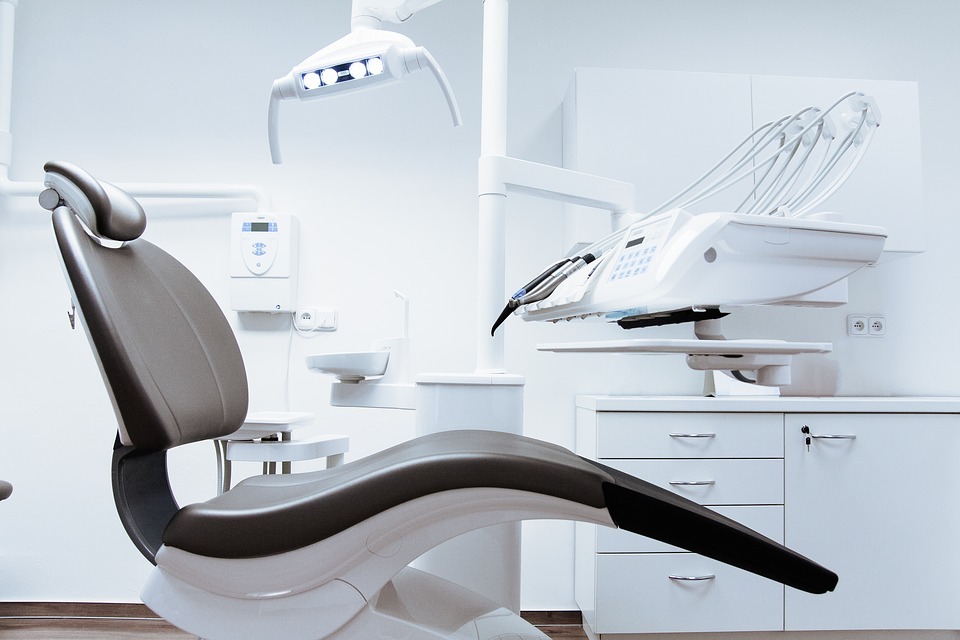The decision of getting a dental bridge or dental implants can be overwhelming, and there’s no right answer. If you have damage to your teeth that prevents you from restoring them with crowns, root canals, or dentures, an implant may be the better option for you. However, implants may not always be available in your area and may require multiple procedures. If this is the case for you, it might make sense to go with a dental bridge instead. A popular implant dentist in New York notes that it helps to know some of the purposes dental bridges serve and how they compare with implants.
What Is A Dental Bridge?
A dental bridge is a crown designed to serve the same function as a tooth that was lost. The length of the bridge will be determined by your dentist based on how far back in your mouth the tooth that needs to be replaced is located.
Before placing the dental bridge in your mouth, the dentist will have it shaped and polished like a natural tooth, after which metal screws are inserted into its base and attached to nearby teeth so that they hold the bridge in place. You will need to remember to take care of the bridge by brushing your teeth and flossing regularly.
What Are Dental Implants?
Dental implants are artificial teeth that replace a missing tooth. They are titanium posts that are surgically placed into the jawbone where they serve as anchors for a crown. Dental implants are designed to replace your root canal and tooth. The implant replaces the tooth root, and a crown covers the implant to achieve an aesthetic appearance that closely resembles a natural tooth. Implants are made of titanium or zirconium.
Should You Get A Dental Bridge Or Dental Implants?
A bridge must be custom-made to match your existing teeth to exactly fit the gaps between them. The process usually takes time and might need specialist advice or a few adjustments after the bridge is placed. Once it is complete, you are not expected to take it off, so you could have a bridge in place for years. A dental implant can even last in your mouth for life because it has a screw-like attachment that can’t be removed with brushing or flossing.
A bridge won’t allow you to easily clean your teeth above or below it, so you need to be careful when brushing. The way you eat might also affect a dental bridge because the teeth surrounding it can be more prone to cracking. With an implant, though, you can brush and floss your teeth normally and even chew on the side of the missing tooth.
Dental Implants For Fast-Acting Tooth Replacement
Dental implants are the best solution if you want a fast-acting replacement for missing teeth no matter whether they have fallen out due to an accident or disease.
You can eat, drink and talk normally so you won’t have to worry about your bridge falling out. You could also choose to replace all of your missing teeth with dental implants, but it’s best to start with the strongest teeth in your mouth first, like the front two.
Another advantage to using dental implants is that they allow you much more flexibility in terms of tooth replacement styles and shapes. While dental bridges will only replace one missing tooth, there are many different types of implants that can be used to replace several missing teeth or just a few if necessary.
When is A Dental Bridge Preferrable?
The main reason most people choose to use a dental bridge is because of the cost. A custom-made bridge can be made to fit your teeth much more securely than other types of prosthetic dentures. Proper maintenance can help you ensure that your bridge continues to function well. Too often people fail to maintain their dental bridges, which ends up costing them money in the long run.
There are a lot of misconceptions in dentistry and one of the most prominent is dental bridges vs dental implants. Many people believe that the two treatments offer similar results. But this is not true. Both treatments are very different, both have their pros and cons, so make sure you consult with your dentist for an individualized strategy that best suits your needs. Your dentist will provide the best treatment options after a consultation.

